As we enter the summer months with Covid vaccinations gathering apace, travel restrictions lifting, and (depending on where you’re reading this from) more and more things opening up, it’s been nice to hear friends and colleagues excitedly talking about holiday plans and finally taking a break from the intensity and monotony of lockdown life.
One positive I’ve noticed from the past 15 months is that people are more aware of their mental and physical health than they ever were before. Most people I know have struggled at some point, be that through Covid itself, anxiety, stress, depression or burnout, which has led an increasing number of us to level up our understanding of what we can do as individuals – and as friends and family members – to help keep ourselves and each other in better mental and physical condition.
A big part of that is knowing when to take a break: when to step out of autopilot, listen to our own bodies and take some time for ourselves to recharge.
It says something about our culture that the very idea of ‘Self Care’ only seems to have emerged into our collective vocabularies relatively recently. And even when it did, it was initially met with a degree of scepticism and scorn.
But as the articles and materials I’ve curated in this week’s The Power Up illustrate, self care is neither a selfish act, nor only a marketing ploy from the wellness industry. It is essential, not only to maximise our health and capacity to enjoy life, but also to ensure we have the energy to help others and function in our communities. And yes Men, that applies to us too.
In this week’s issue:
- Why doing nothing is the secret to getting more out of life
- How breaks change our brain for the better
- 10 essential self-care tips for men
- Rest: Why you get more done when you work less
- Trying to be kinder to ourselves
- The Rise of the Wellness App
- Man 2.0: Normalizing Self-Care for Men
- How to take care of yourself as a man
- 55 Small, nice things to do for yourself
Plus plenty of bonus content too.
As ever, I hope you learn something in this edition that prompts you to take time to pause, recharge, and feel better equipped for whatever challenges the next week brings your way.
Enjoy!

S E L F C A R E
Doing nothing is the secret to getting more out of life
‘Trust in the power of idleness’.
That’s the core lesson at the heart of this science-backed, therapist-approved first-person account on the case for doing way less yet ending up better than ever.
M I N D
How breaks change our brain for the better
When it comes to physical activity, most of us understand that breaks between training sessions are essential to allow our body to regenerate to increase strength and capability.
Yet, when it comes to mental activities, many of us find ourselves consistently ploughing through 8+ hour days of back-to-back meetings, barely stopping for lunch.
It’s time for a more consistent approach.
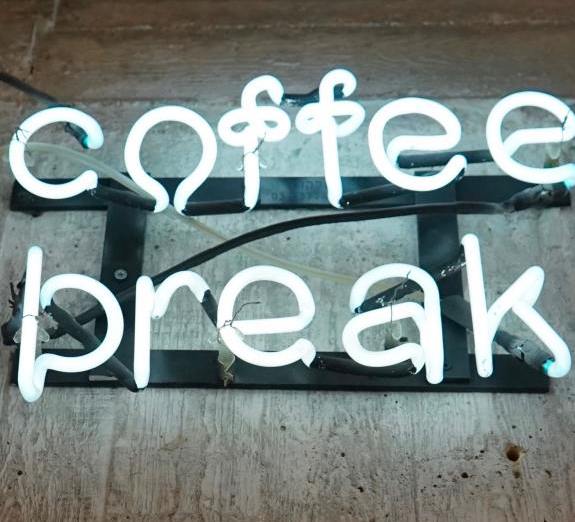
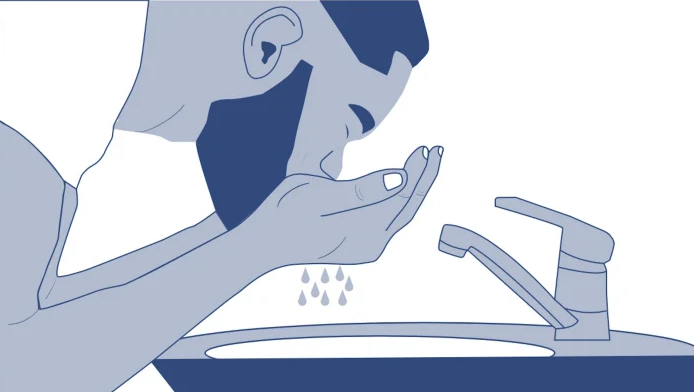
B O D Y
10 essential self-care tips for men
Men are notorious for not taking care of themselves. Why? Maybe it’s the “suck it up” attitude so many of us are raised with. It could also be because we men are impatient creatures and taking time away from stuff we’d rather be doing seems like a waste.
But the time has come for men to get with the program – a Wellness program. Here’s how…
R E S T
Why you get more done when you work less
The most creative and prolific people in history — from Charles Darwin to Stephen King — knew the importance of harnessing rest to free the unconscious mind and find new ideas.
That’s the foundation of Alex Pang’s important book – Rest, which blends science and history to propose a better way of living and working in the digital age.

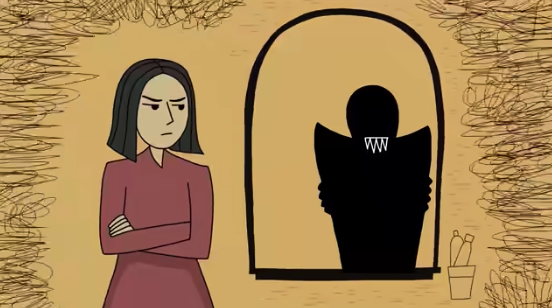
S P I R I T
Trying to be kinder to ourselves
If there is one generalisation we can make of those of us who end up mentally unwell, we could say that we are masters at being nasty to ourselves, without noticing we are being so.
Where do these unconscious impulses to be unkind to ourselves come from? And what can we do about it?
T E C H N O L O G Y
The Rise of the Wellness App
The App Store is full to the brim of them, but wellness apps can’t address the real problems driving our mental health crises: the alienation of 21st-century work.

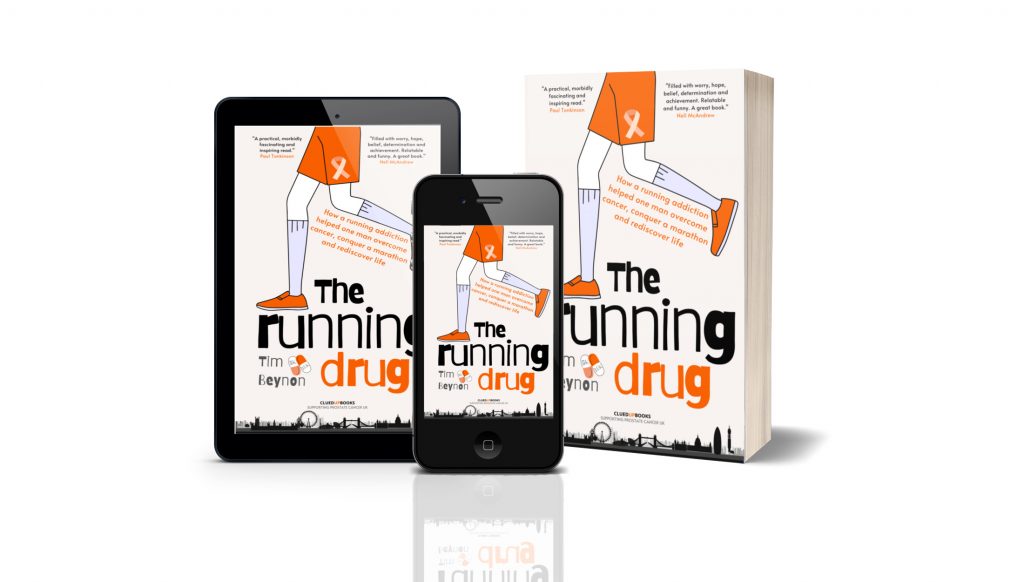
R E C O M M E N D E D
The Running Drug
The Running Drug, by Tim Beynon, explores the link between running and mental health through the author’s personal account of prostate cancer and a running addiction that took him to the finishing line of the London Marathon.
A frank and funny tale of stoic determination and hope, the book is available from Amazon using the link below.
R E C O M M E N D E D
Rest: Why you get more done when you work less
As mentioned above in this week’s The Power Up, Rest draws on emerging neuroscience to make a compelling case for why and how to incorporate more rest and breaks into every day.
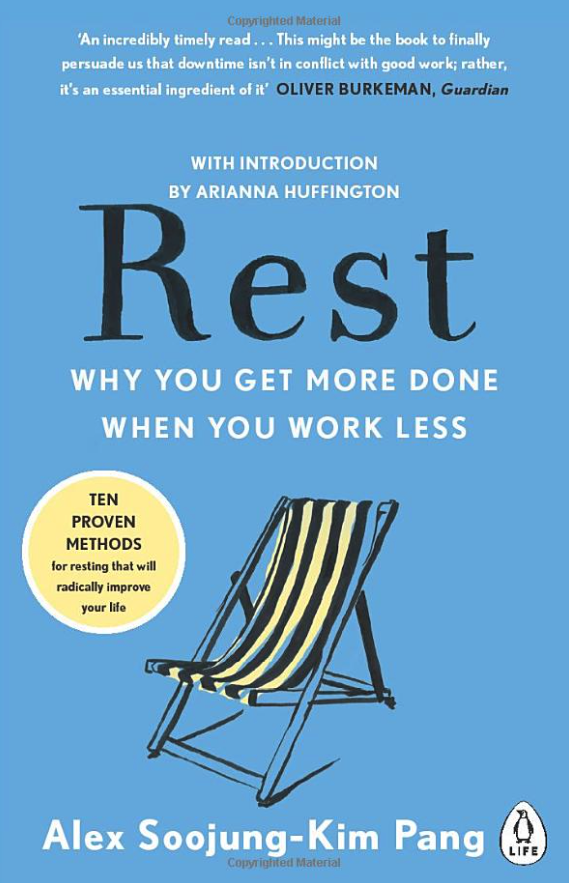
B O N U S
C O N T E N T
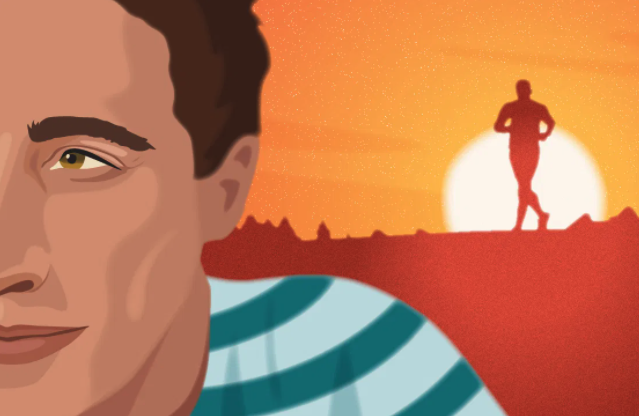
Man 2.0: Normalizing Self-Care for Men
How to take care of yourself as a man


55 Small, nice things to do for yourself
Men need more rest. Here’s how they can get it
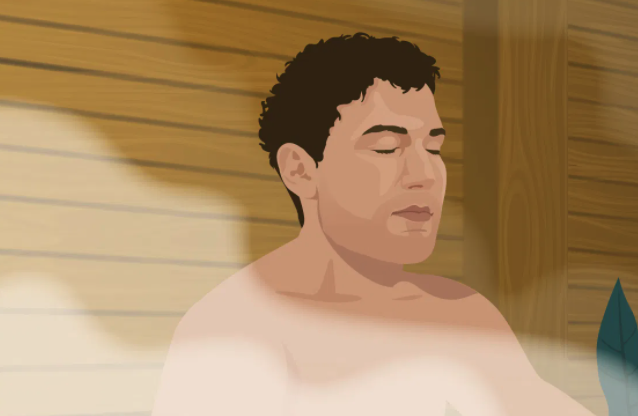
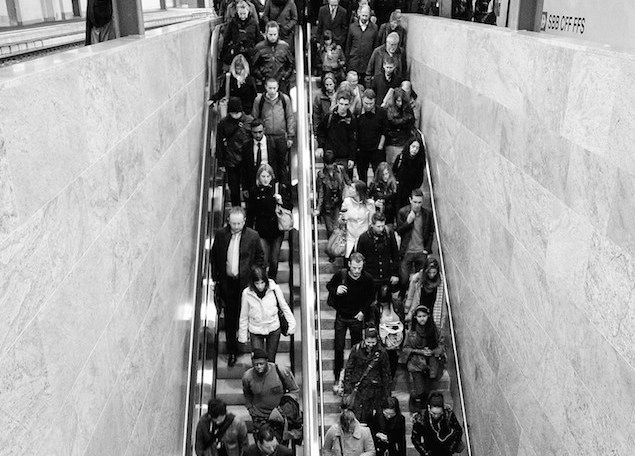
The Pursuit of Calm
Stop ‘shoulding’ yourself so you can truly thrive in life
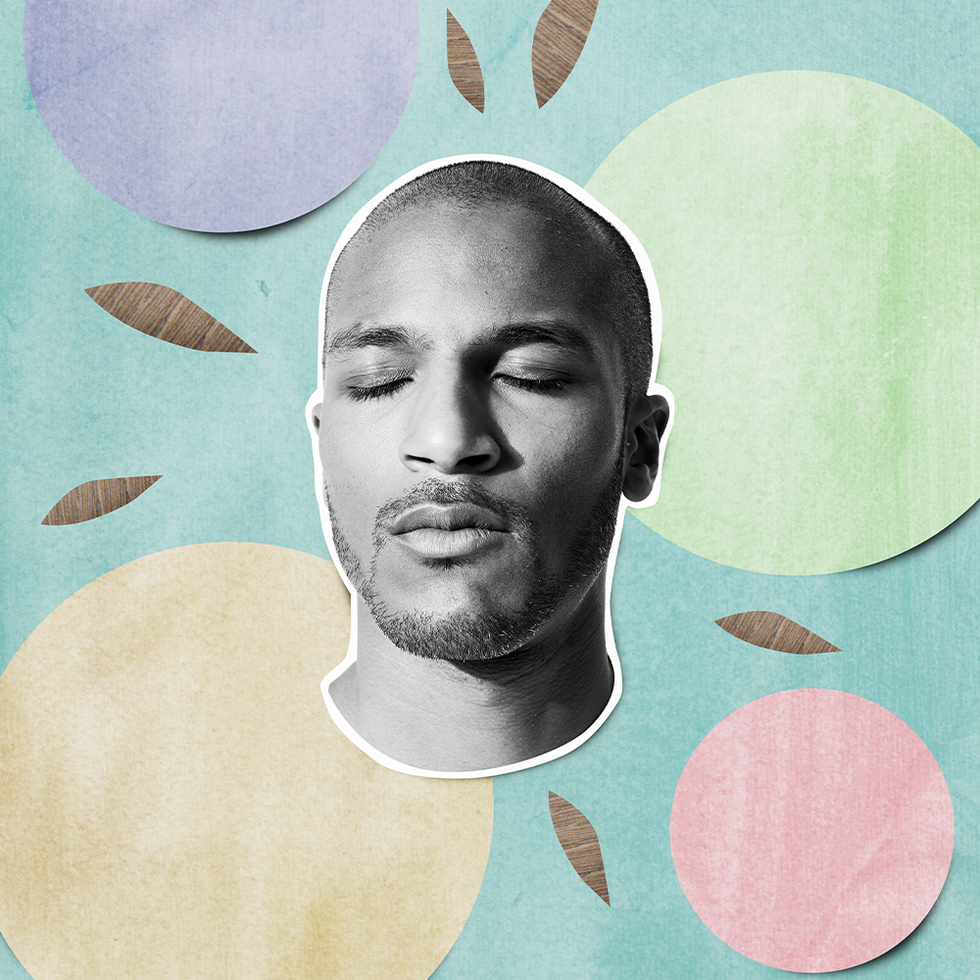
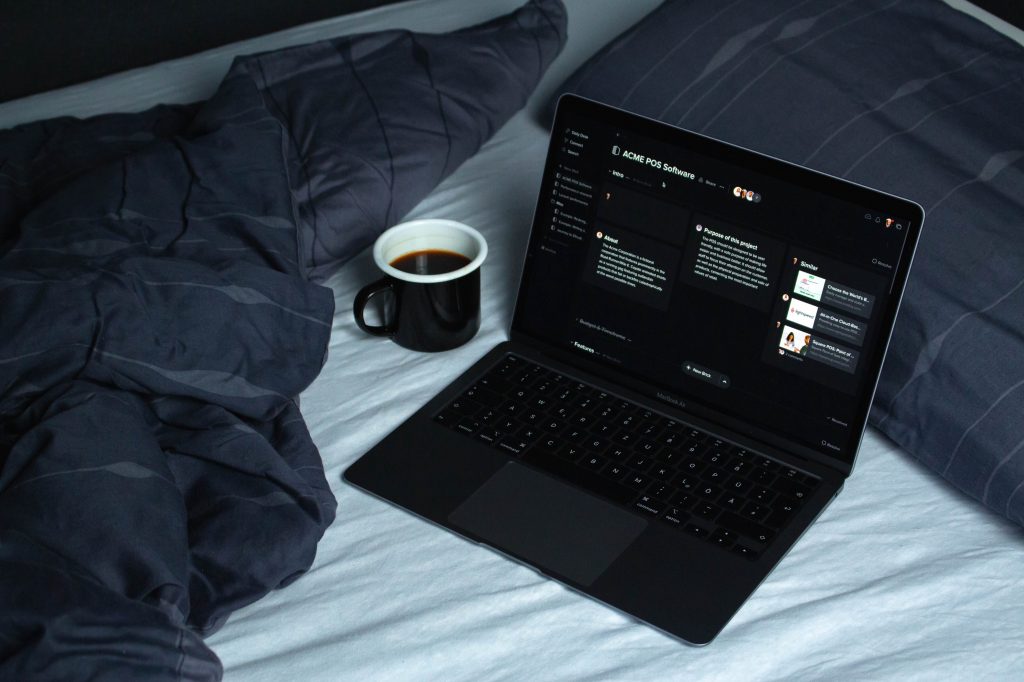
Beware: When self-care kills your friendships
“Almost everything will work again if you unplug it for a few minutes, including you.”
ANNE LAMOTT




